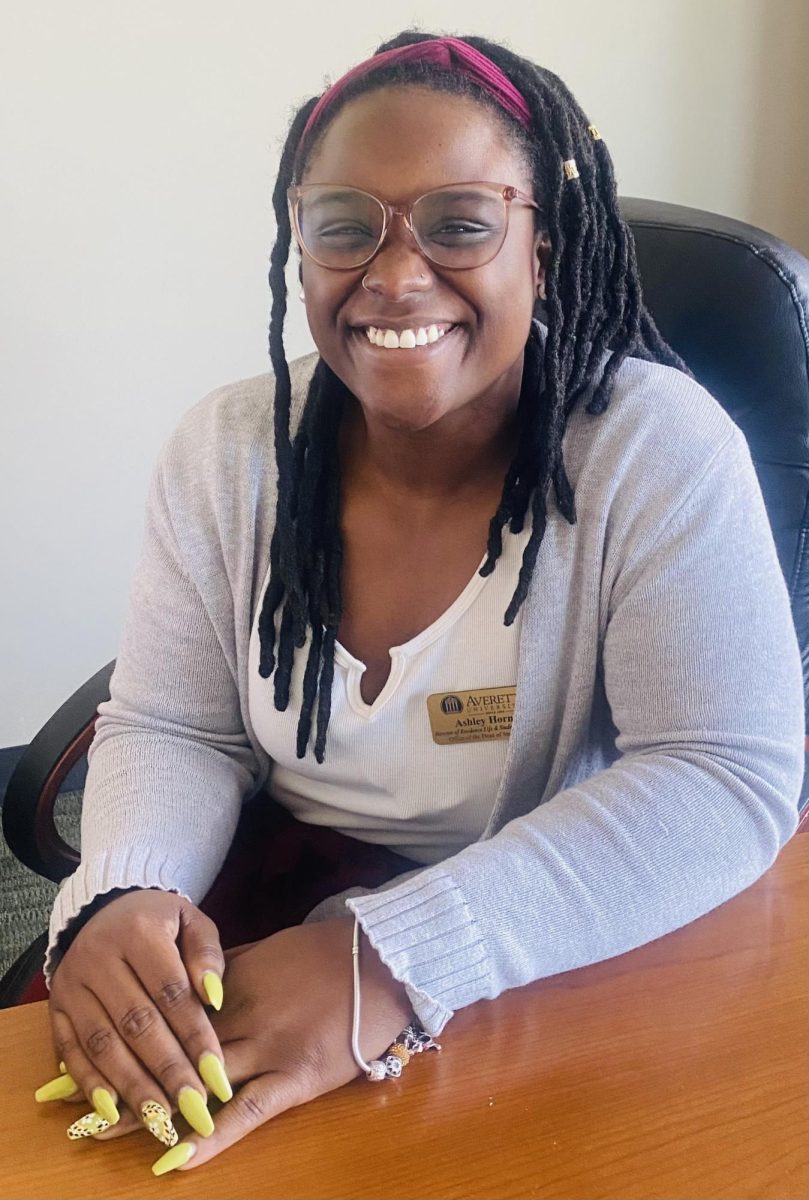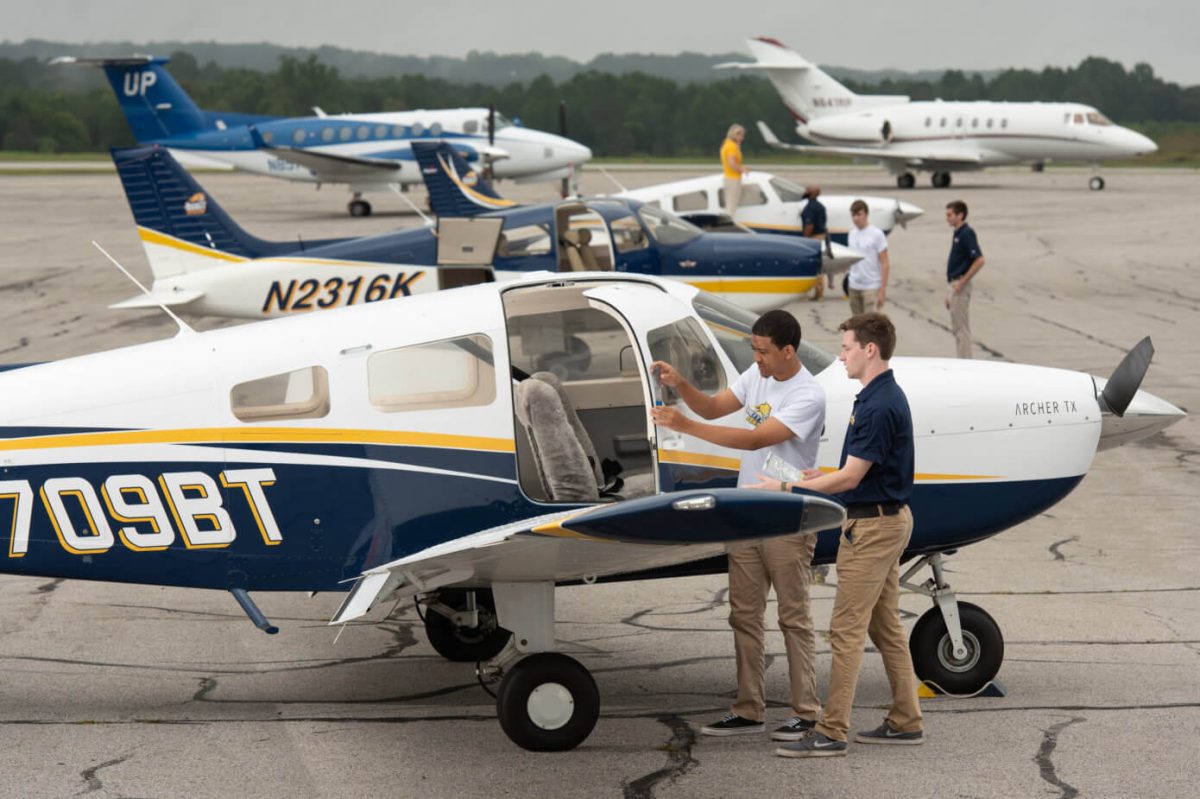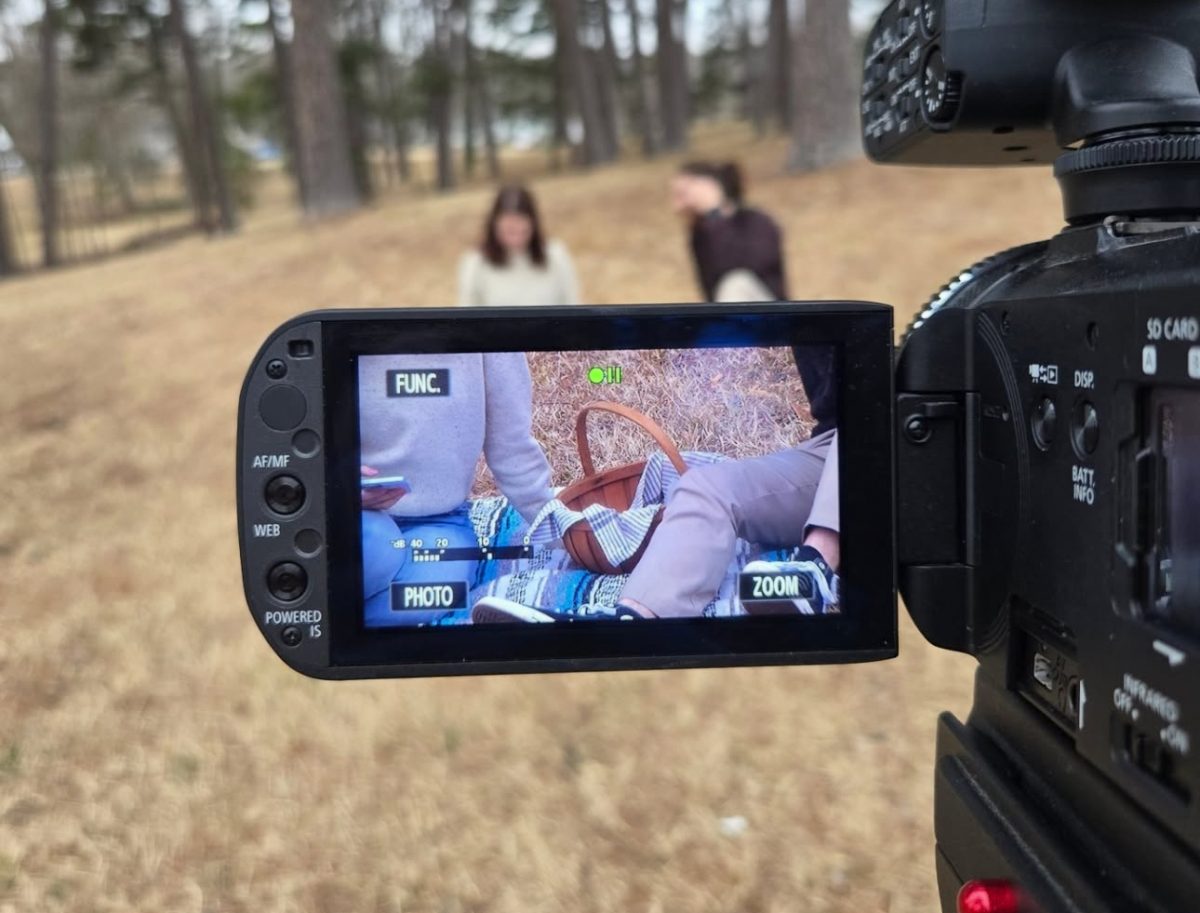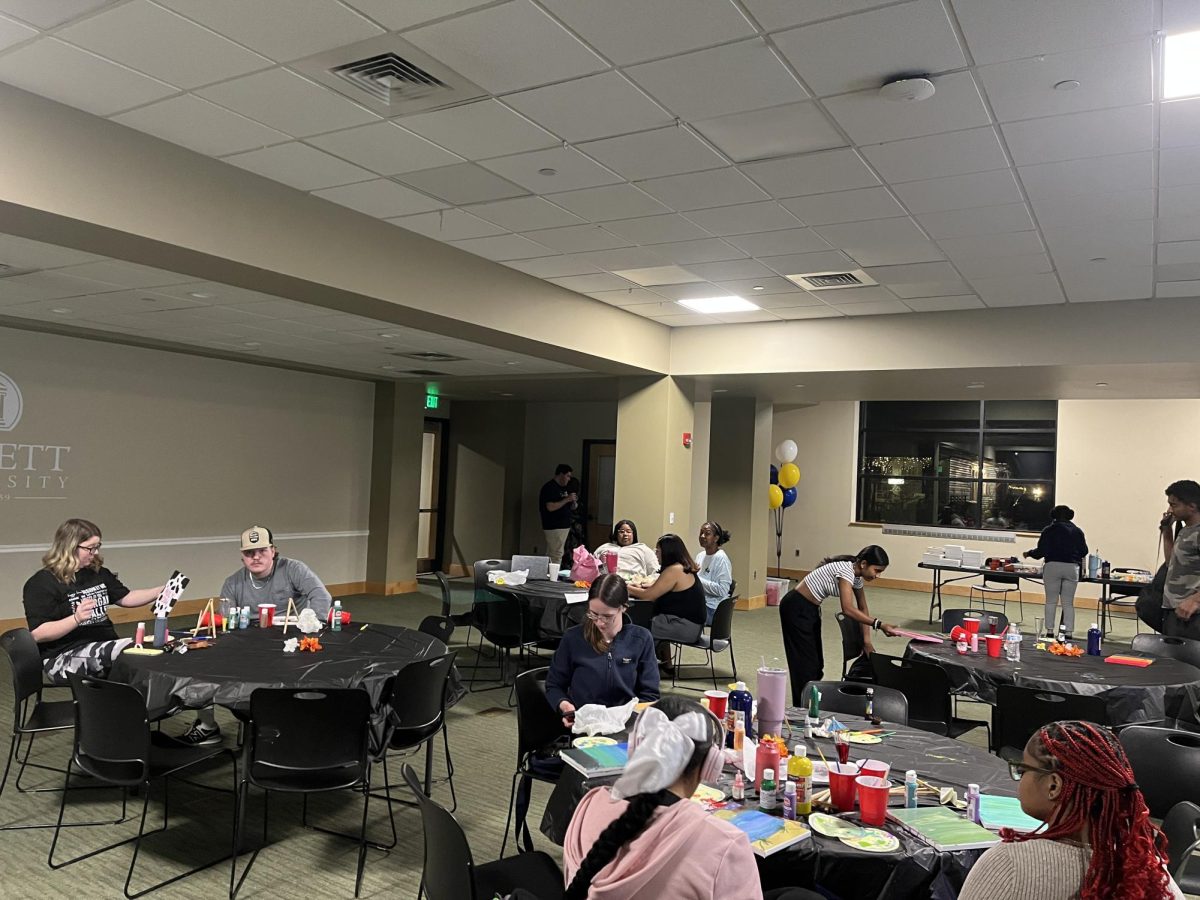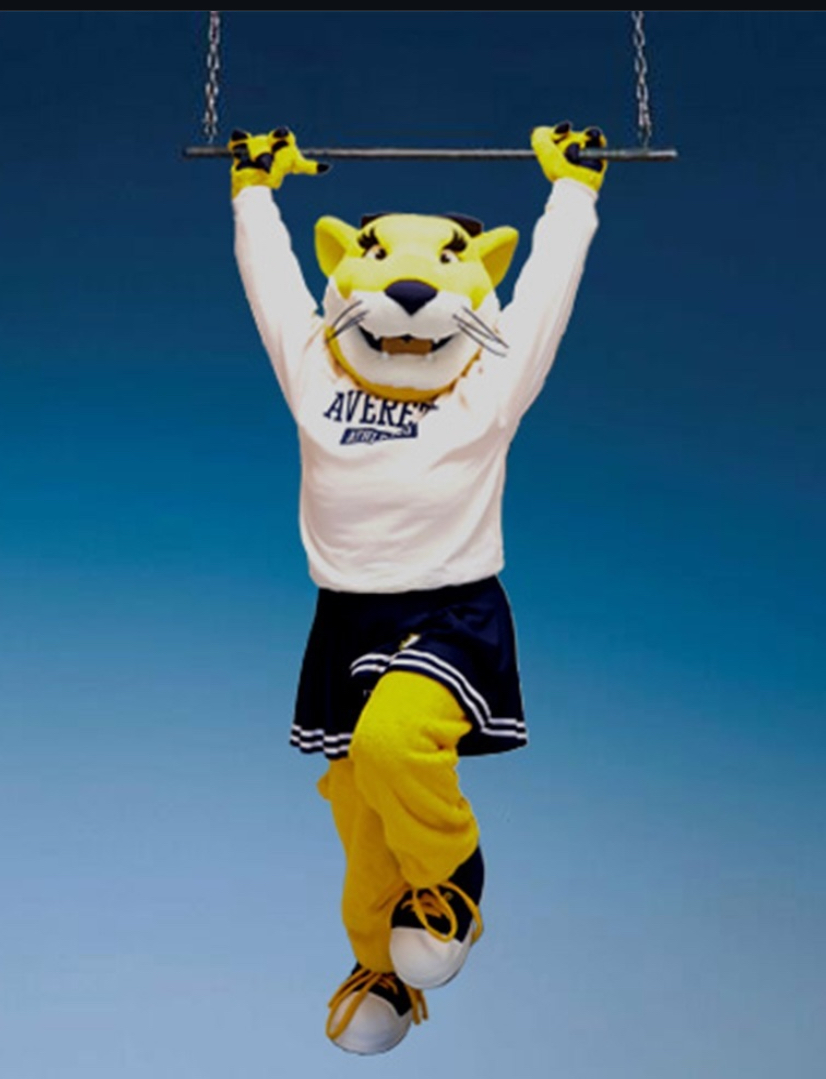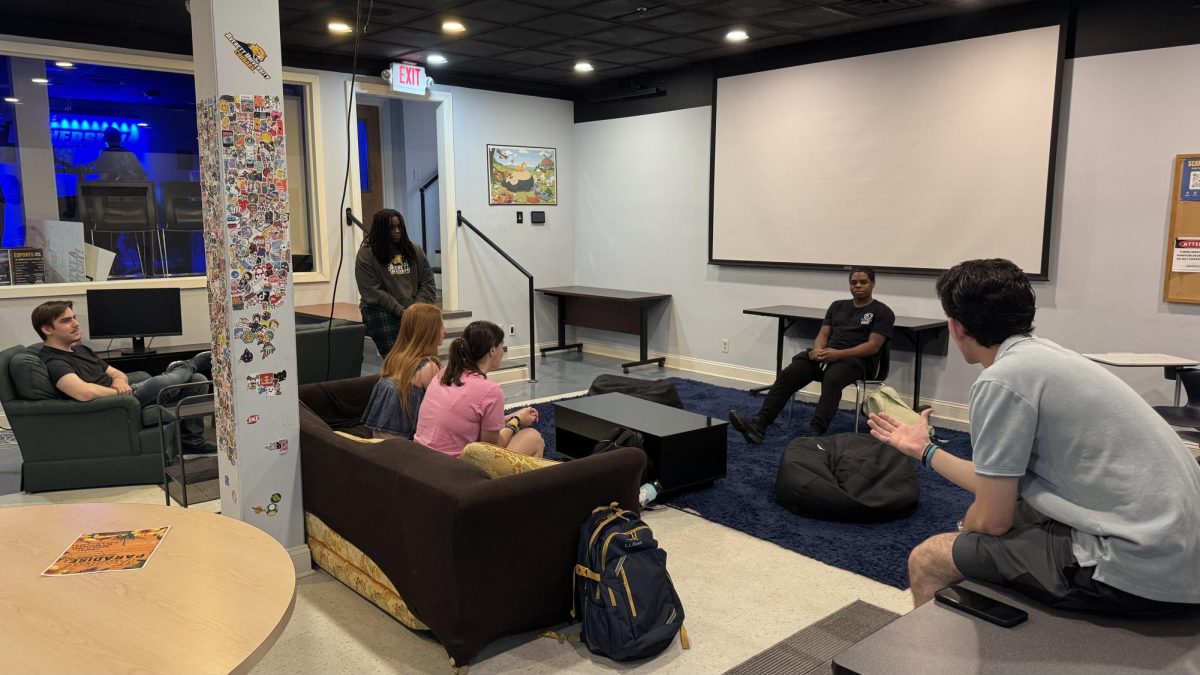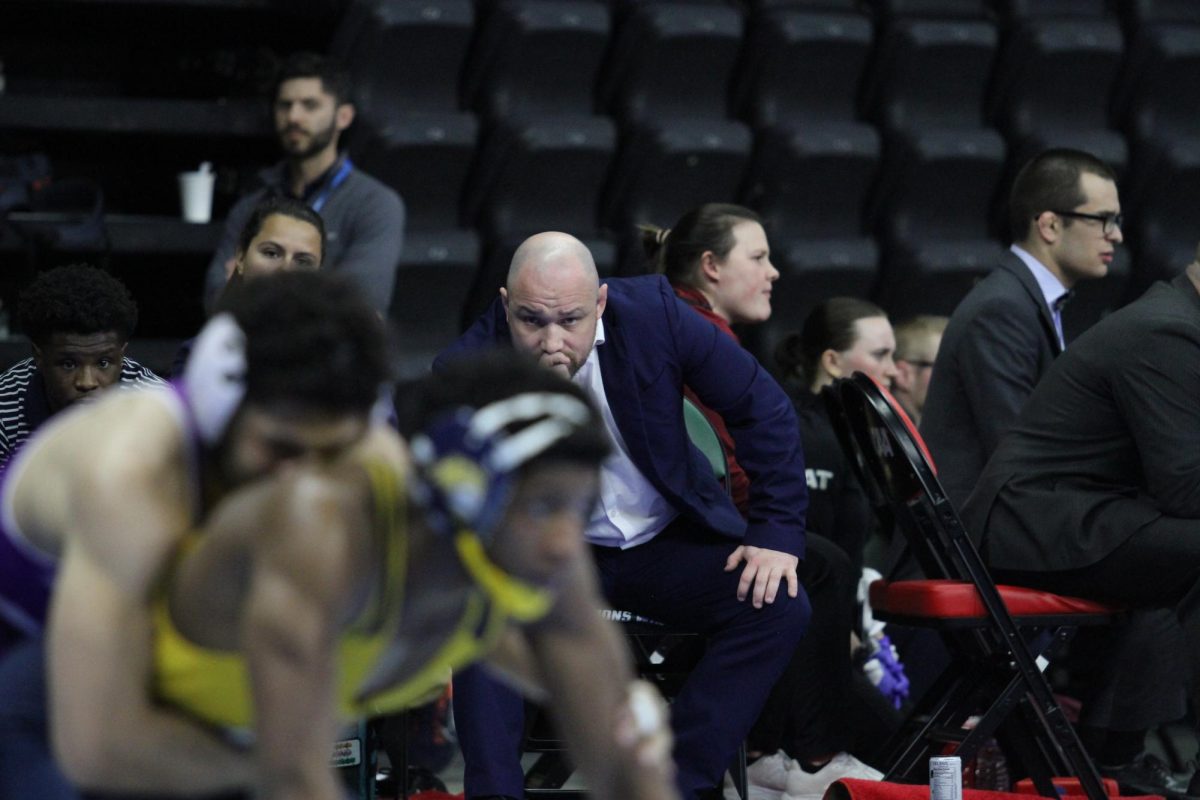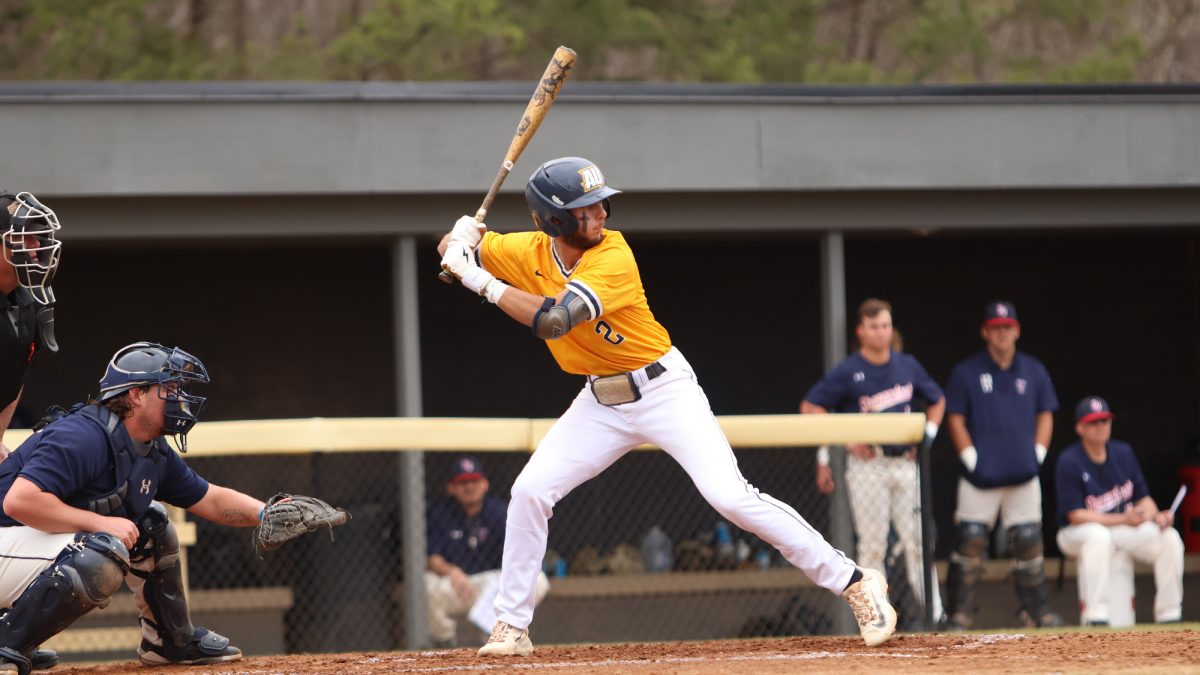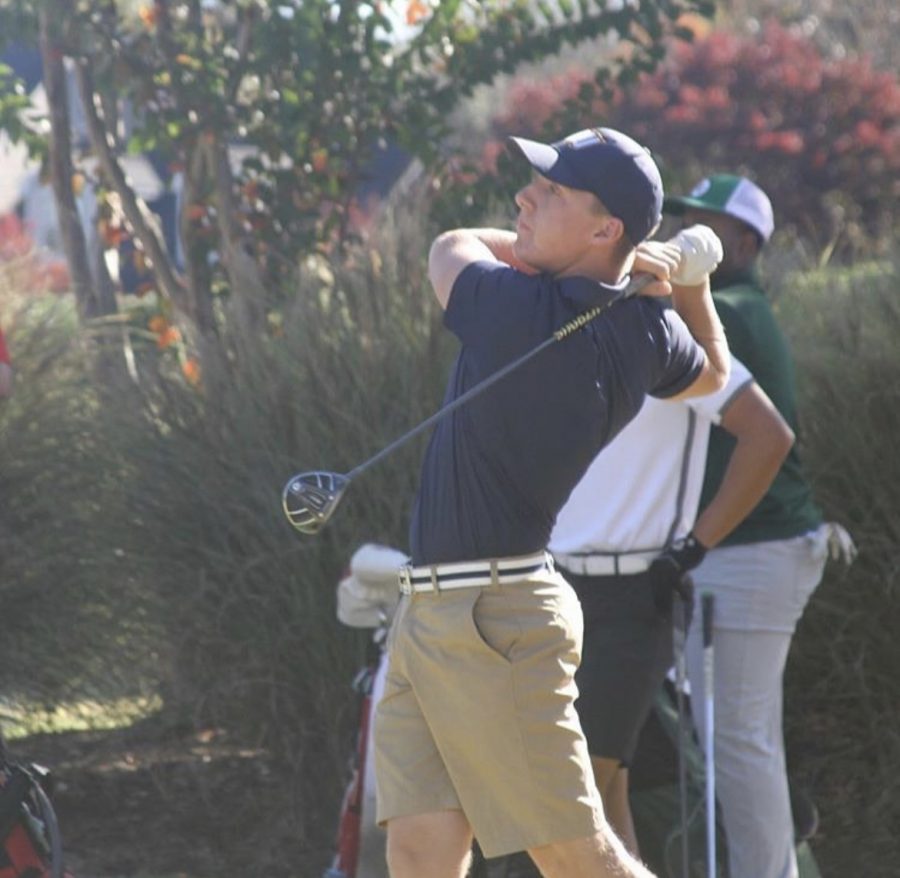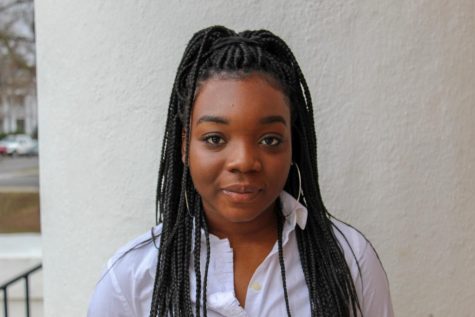Averett professors open up about COVID-19 challenges
October 8, 2020
This school year, Covid-19 made things very difficult for everyone, and what we thought would never happen, happened. Most of us remember our parents telling us this famous sentence: “Outside is not going anywhere” and yet, here we are, restricted from social gatherings and from outings unless it is for extreme necessity.
One rising debate during the quarantine period and now fall and spring semesters has been about how students will adapt to all these changes and how it will affect their education. However, it seems as though fewer people wonder how these changes also impact professors as they too, had a life before the pandemic and had to make all the necessary adjustments so that students can feel like their school year is not going to waste.
“Before COVID, I had settled into a very comfortable routine,” Stephen Davidson, professor of mathematics said. “I was so accustomed to my courses that I had virtually no work to do at home. I would work on campus from the moment I arrived until the moment I left, each day, and then I could relax at home and recharge for the next day.”
Davidson notes that grading and other responsibilities take longer when they have to be completed online.
“Now, everything has changed. My job has almost become 24 hours, making me feel like I’m on-call in the way a doctor might be. Since my classes are all online, I am not there in person to answer questions. So, I’m fielding e-mails and Zoom meetings constantly. Once, I received 72 class-related emails in one day, and I responded to all of them while also maintaining my other responsibilities. I also have to record my classes and grade tests. Grading tests often take approximately five times longer online than it does in-person. Before COVID, I could grade three sections’ worth of tests in a couple of hours. Now, it takes eight to ten hours, again, plus my other responsibilities – both work-related and not. My workload is massive to a degree that I’ve never had a workload like this before.”
Hybrid classes is one teaching/learning format that has frustrated some professors and students. The hybrid class system requires students to have classes face to face during one determined day and online classes on another day.
“I miss seeing my colleagues and my students every day. It’s hard to build connections and relationships without face-to-face time but you work under the conditions you have to and adapt accordingly when things change,” Dr. Zachary Humphries, assistant professor of communication, said.
Some professors struggle to with students who aren’t as engaged online.
“From my perspective, the biggest issue is engagement, and that can mean a couple of different things,” Davidson said. “One aspect of that is that many students simply don’t participate – not watching videos, not doing assignments, not responding to emails, etc.. Another aspect is that my own communications often go ignored and dismissed. Not by everyone, of course. But by enough that it causes an issue. With a workload like this, I try to be as efficient as possible, dispersing information through mass communications, whether it be videos or e-mails. But if those aren’t being watched or read, then my efforts are for nothing.”
Students contracting the virus or needing to quarantine during the semester is also a great concern from both a student’s and a professor’s perspective. When students can’t attend face-to-face class sessions, they still need to complete their work.
“We have created a very detailed health and safety protocol that I feel like we have been able to operationalize well for our students,” Lesley Villarose, dean of students, said. “We have hired a case manager to support the students through the process if they have to go into quarantine and or isolation. We know that having to go into quarantine is frustrating for students and we are working to make sure that for those students who have to experience this that they know that they have people there for them to help support them through it.”
“I’m working with all students who go into quarantine to ensure they can still get their work done while they are away from class. That’s all you can do,” Humphries said.
Overall, the pandemic has had a tremendous impact on every single student and professor, whether it is on the ways of teaching that needed to be readjusted or on the life at home that has been completely shaken up. And the question everyone is now wondering is “How will next semester be?” To that question, it definitely appeared as though professors foresee a semester similar to fall semester.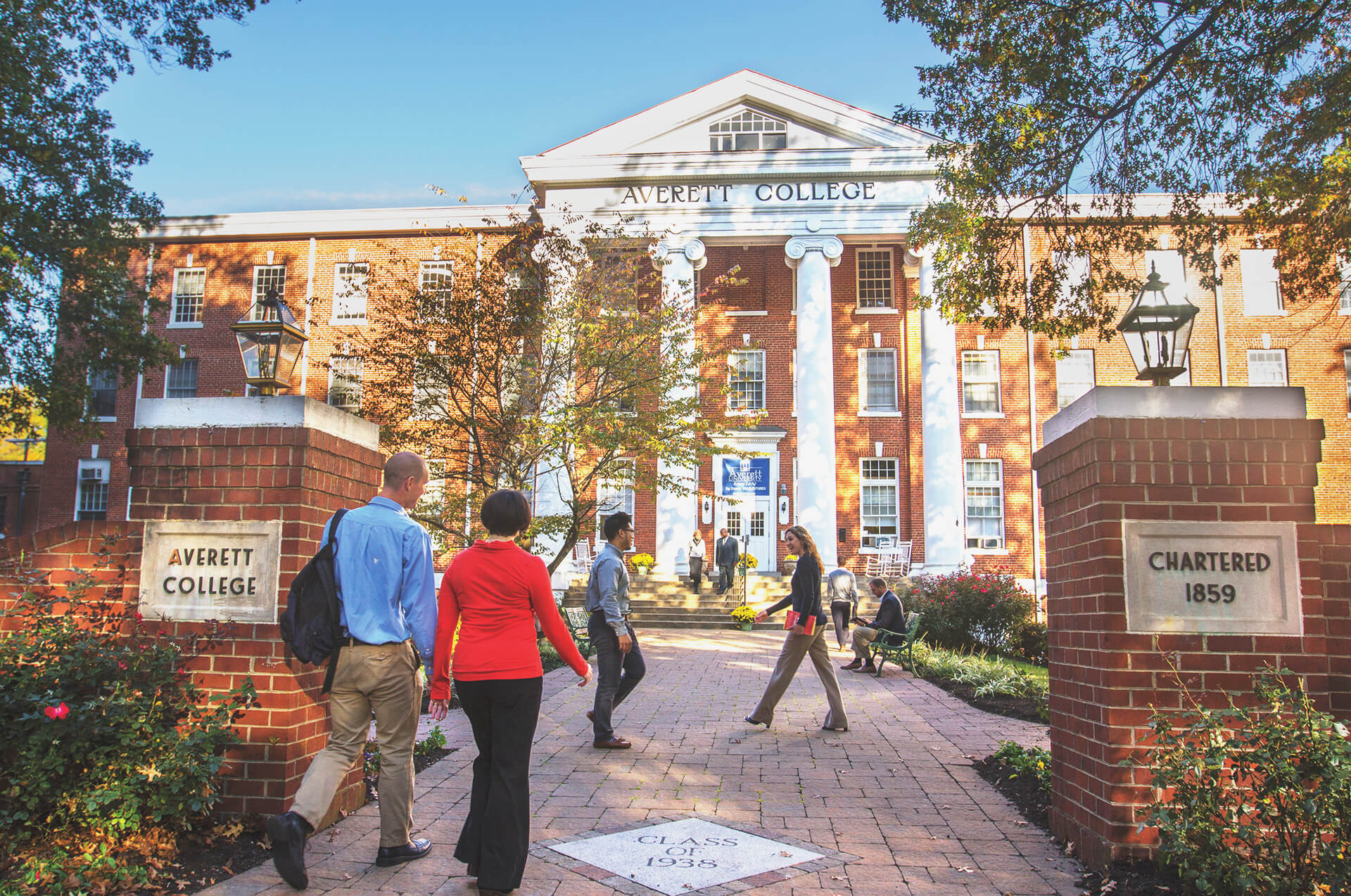
“I’m expecting more of the same for next semester, unfortunately for all of us. My fingers are crossed that the situation will improve but it doesn’t appear as though that will happen by the new year, neither in terms of a vaccine nor in our efforts as a country to significantly curb the spread and dangers of the situation at hand. It’s possible. Anything is possible. But, to me, it looks and feels less likely by the day. I hope I’m wrong,” Davidson said.
“I am anticipating a similar Spring 2021 semester where most classes will be in hybrid format,” Humphries added. “However, I’ll be ready for whatever next semester looks like. We will get through this together and be stronger because of it.”


